Small businesses face an increasingly complex decision: embrace artificial intelligence or risk falling behind competitors. While AI adoption might seem overwhelming, understanding the practical applications and implementation strategies can help business owners make informed decisions about their technology investments.
Understanding AI’s Impact on Small Business Operations
Artificial intelligence has moved beyond science fiction into everyday business operations. For small businesses, AI represents an opportunity to compete with larger enterprises by automating routine tasks, improving customer service, and making data-driven decisions. Unlike massive corporations with dedicated IT departments, small businesses need AI solutions that integrate seamlessly with existing workflows without requiring extensive technical expertise.
The current AI landscape offers tools ranging from simple chatbots to sophisticated analytics platforms. These technologies can handle customer inquiries, process invoices, manage inventory, and even predict market trends. However, the key lies in selecting AI solutions that address specific business challenges rather than adopting technology for its own sake.
Cost-Effective AI Solutions That Drive Results
Budget constraints often prevent small businesses from investing in expensive enterprise software. Fortunately, many AI tools offer scalable pricing models designed specifically for smaller operations. Cloud-based AI services eliminate the need for significant upfront hardware investments while providing access to powerful computing resources.
Small businesses can start with basic AI applications like automated scheduling, email marketing optimization, or simple data analysis tools. These entry-level solutions typically cost less than hiring additional staff while providing measurable improvements in efficiency and customer satisfaction.
Essential AI Tools Every Small Business Should Consider
Modern small businesses can benefit from several categories of AI tools that address common operational challenges:
- Customer Service Automation: Chatbots and virtual assistants handle routine inquiries, schedule appointments, and provide basic product information 24/7
- Financial Management: AI-powered accounting software automates expense tracking, invoice processing, and financial forecasting
- Marketing Intelligence: Automated social media management, email campaign optimization, and customer behavior analysis
- Inventory Management: Predictive analytics help maintain optimal stock levels and reduce waste
- Cybersecurity: AI-driven security tools detect threats and protect sensitive business data
Common AI Implementation Challenges and Solutions
Many small business owners worry about the complexity of AI integration. Common concerns include data security, employee training requirements, and system compatibility issues. These challenges are manageable with proper planning and professional guidance.
Data privacy remains a primary concern when implementing AI solutions. Businesses must ensure that customer information remains secure and complies with relevant regulations. Additionally, employees may resist new technologies, making change management and training crucial components of successful AI adoption.
Integration difficulties often arise when new AI tools don’t communicate effectively with existing software systems. This challenge requires careful evaluation of current technology infrastructure and selection of compatible AI solutions.
Strategic Planning for AI Integration Success
- Assessment Phase: Evaluate current business processes to identify areas where AI can provide the greatest impact
- Goal Setting: Define specific, measurable objectives for AI implementation
- Budget Planning: Allocate resources for initial setup, ongoing subscriptions, and employee training
- Timeline Development: Create realistic implementation schedules that minimize business disruption
- Success Metrics: Establish key performance indicators to measure AI effectiveness
Measuring ROI and Performance Metrics
Successful AI implementation requires ongoing monitoring and adjustment. Small businesses should track metrics such as time savings, error reduction, customer satisfaction scores, and revenue increases directly attributable to AI tools.
Return on investment calculations should consider both direct cost savings and indirect benefits like improved customer retention and employee productivity. Many businesses see positive ROI within six to twelve months of proper AI implementation.
Regular performance reviews help identify areas for optimization and expansion. As businesses grow more comfortable with AI tools, they can explore more advanced applications that further improve operations and competitiveness.
Future-Proofing Your Business with Professional IT Support
The rapid pace of AI development means that today’s cutting-edge solutions may become outdated within a few years. Small businesses need reliable IT partners who understand both current AI capabilities and emerging trends.
SpotLink specializes in helping San Diego businesses navigate AI adoption while maintaining focus on core business objectives. Our team provides comprehensive IT services that include AI strategy development, implementation support, and ongoing maintenance to ensure your technology investments deliver lasting value.
Whether you’re considering your first AI tool or looking to expand existing capabilities, professional guidance can help you avoid costly mistakes and maximize the benefits of artificial intelligence for your business. Contact SpotLink today to discuss how AI can support your business goals and keep you ahead of the competition.

